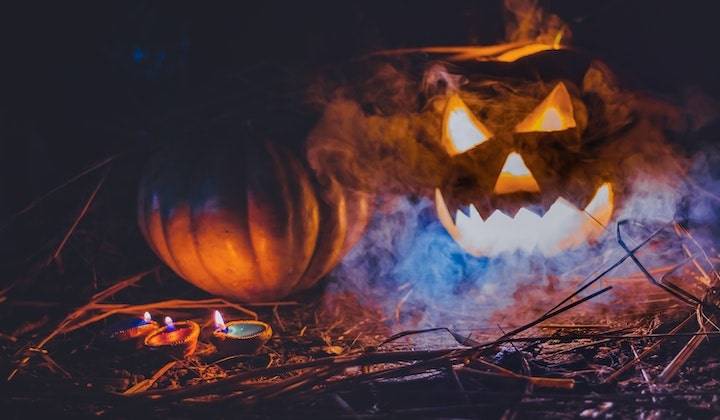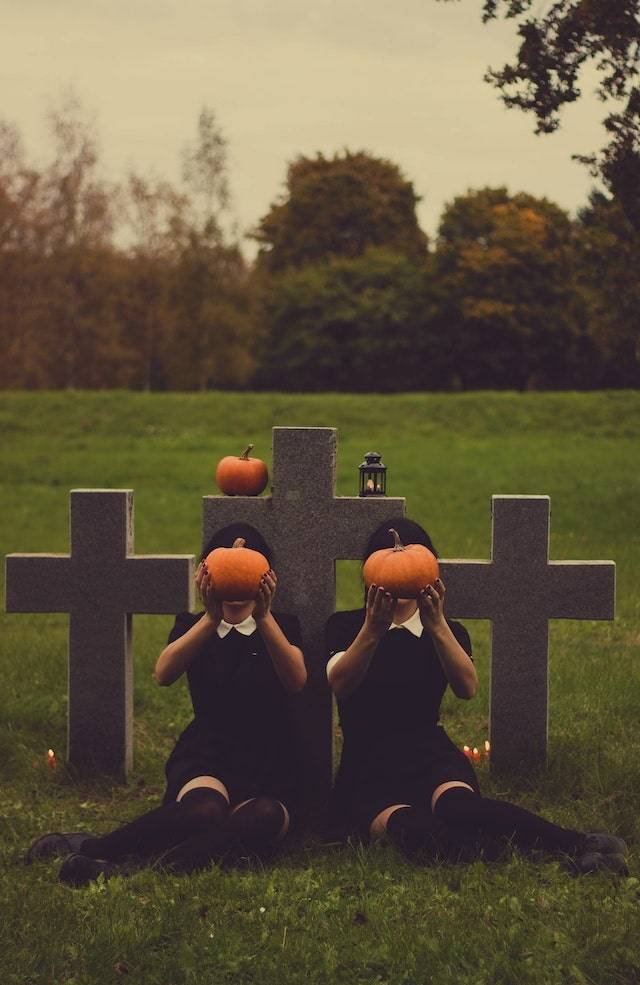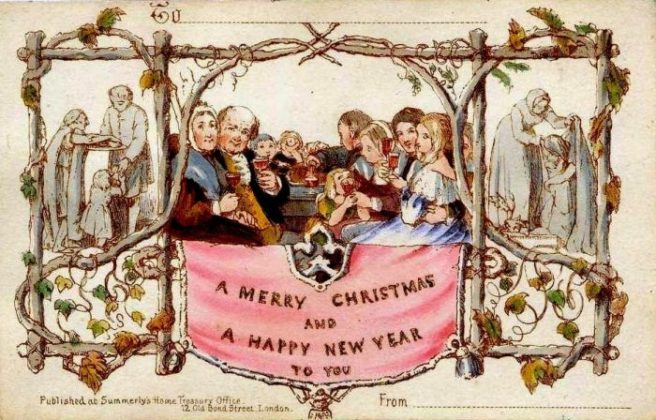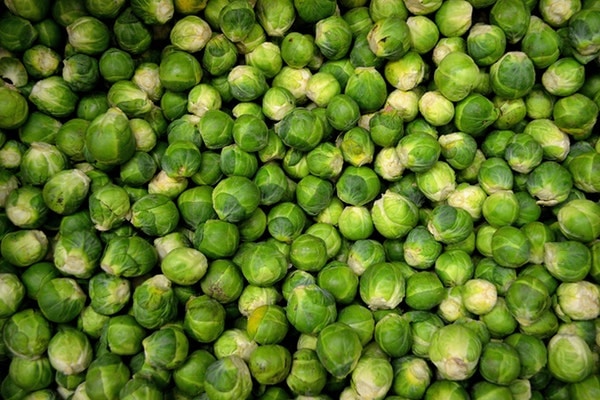A lot of us yearly celebrate Halloween. But what is actually the origin of Halloween? Or the meaning of Halloween? Let me tell you the whole story in this blog post.
Because as an historian and a history teacher, I find it important to not just celebrate our known festivities, but to also understand them and by that also know our own cultural history as a human. Festivities as Halloween, Thanksgiving or Christmas don’t just exist without a reason. They fulfill a purpose beyond their commercial use of making money. I already wrote about the first Christmas card ever, but you can read further underneath the picture if you want to know more about the origin and meaning of Halloween:

What is Halloween?
Halloween is a festivity, but you can also call it a celebration, holiday and even a tradition. It is a festivity that has been organized for several centuries now and that as special meaning for a large group of people.
The last decades, Halloween was also commercialized and the origin and meaning of Halloween became a victim of consumerism.
In several countries, Halloween is also a holiday. But not in every country were Halloween is celebrated.
Why Halloween?
A lot of people celebrate Halloween because it is a tradition for themselves, their friends and even family. It unites people during a period of the year where the days get darker. So the community feeling is an important aspect of Halloween.
Another group of people also see Halloween as a time to go out to Halloween theme parties or go out on the streets going door to door to ‘trick or treat’.
This aspect of parties is most common in the United States. In other parts of the world
But when we look at the history of Halloween, we can discover that it did not start out as a party or holiday, but as a cultural tradition that was important for the historical cultural were it was celebrated. So it is worthwhile to find out the historical meaning and origin of Halloween. Let’s dive into history!
How Halloween started
It is not like Halloween was invented. Not in the literally way at least. It is cleary something that grew in our human cultures. And not just in one particular place. How Halloween came to be is a question where the answer expands several centuries in history and is a bit different in several places around the world.

Historical evidence points at the old name of Halloween: All Hallows Evening or even All Saints Eve. This celebration takes place yearly at the 31st of the month octobre. This date is not random. The 31st of octobre is the eve of the 1st of november. And on this first day of november, the Christian feast of All Hallows Day is celebrated.
All Hallows Day is also a worldwide tradition, with also a lot of variations in every culture, where our passed ancestors are honoured. This honoration happens by for example visiting their graves, putting flowers on their graves and other gestures that people prefer to remember their loved ones that are no longer among us.
The origin of the old words for Halloween (like we already learned: All Hallows Evening or All Hallows Eve) can be found in the old English language. It can even be brought back to old Scottish words like even, the Scottish word for evening or eve.
The origin of Halloween
How Halloween originated is a question that is asked by a lot of people every year while celebrating this festivity. Common conclusions based on historical research puts the roots and the origin of Halloween within the Christian religion as practised in Western Europe and later in the whole Western world (USA, Canada …).
Halloween versus christmas
Halloween versus el dia de los muertes
Hiw is Halloween celebrated around the world
I think that the answer to the question where Halloween is celebrated the most is clear: in the United States of America (USA).
Do they celebrate Halloween in India? Halloween like tradition in India
Do they celebrate Halloween in Spain?
In the northern Spain
Can Halloween pumpkins be eaten?
How to celebrate Halloween without trick or treating
Why Halloween is the best holiday
What Halloween decorations and aesthetics to buy?
What Halloween costumes and candy to buy?
When is Halloween in 2022?
When is Halloween in 2023
Sources:
Wikipedia
Britannica
Pictures:
Pumpkin
Girls crosses





